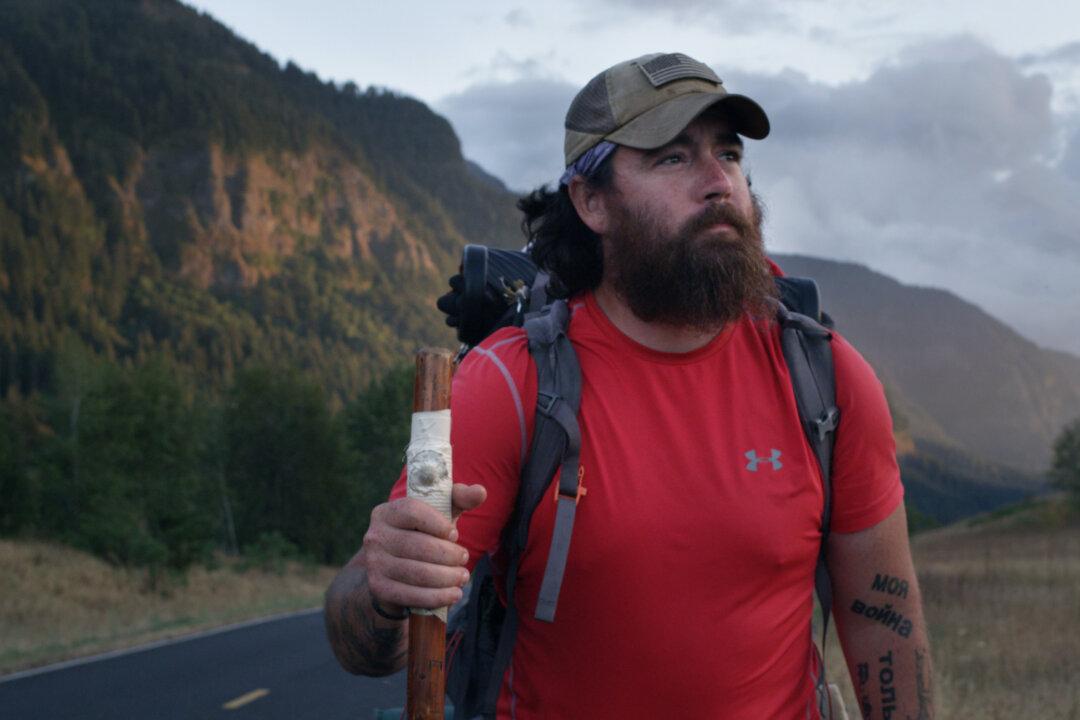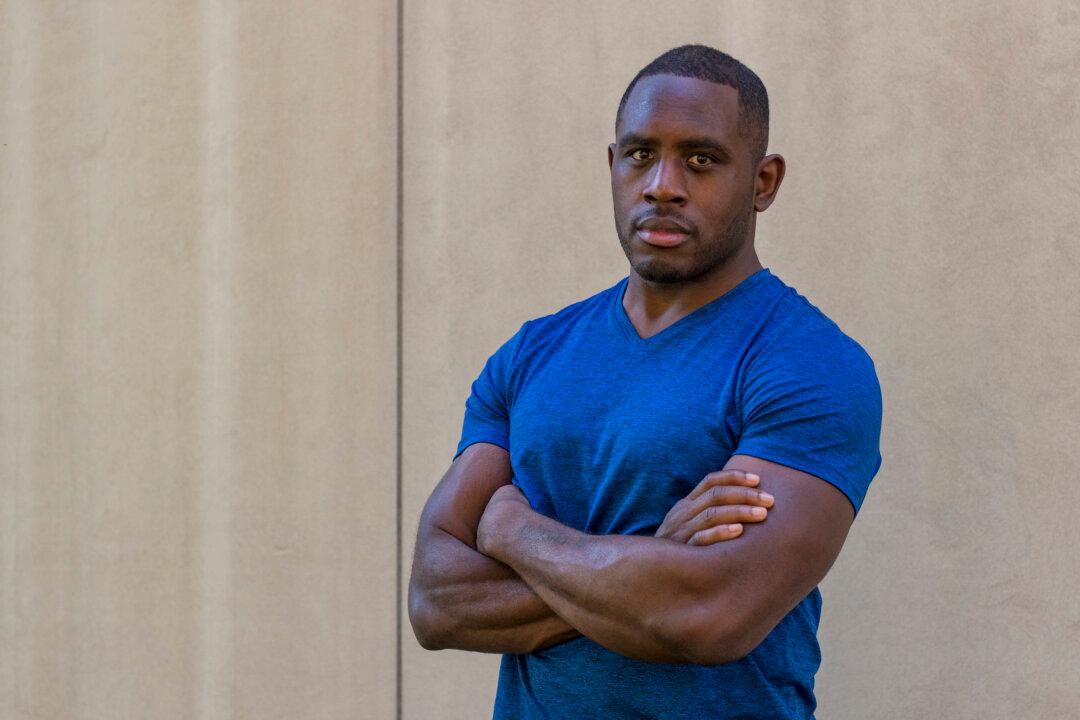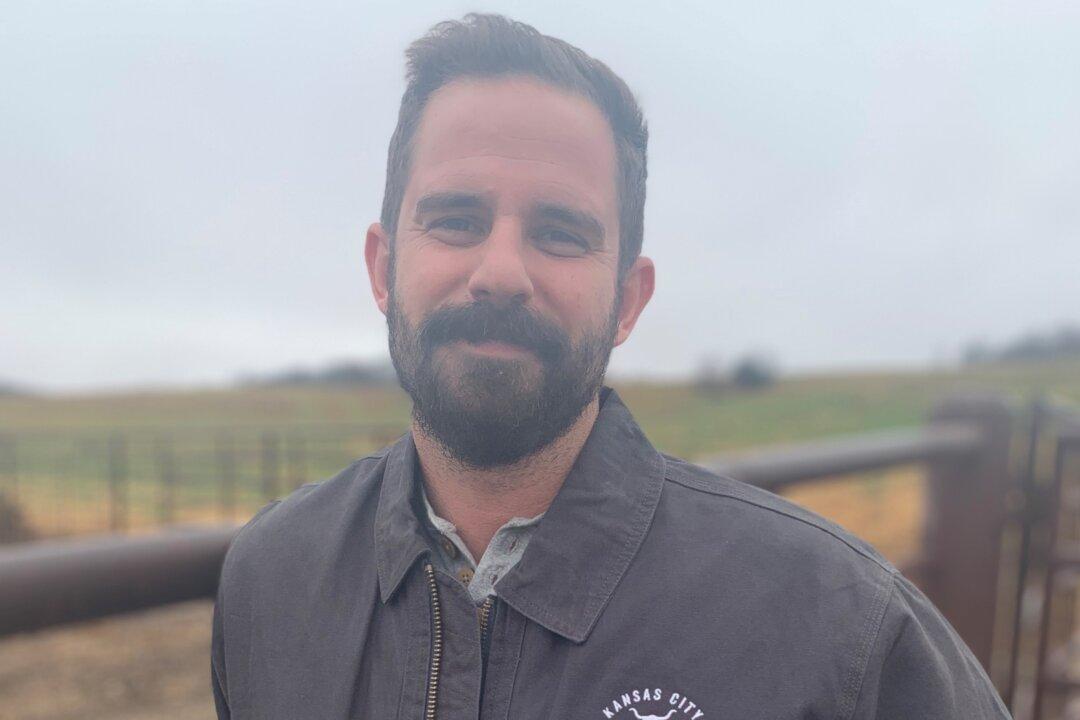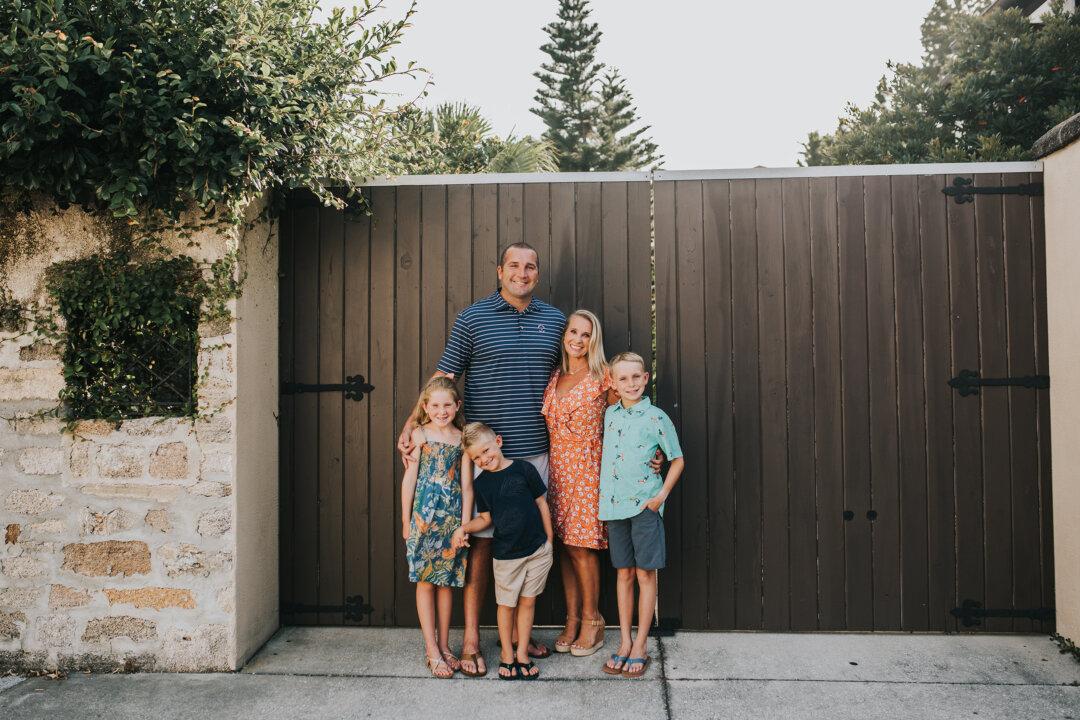War scars in more ways than one, and when our veterans come home, it’s not always easy to see at first glance. The stigma surrounding mental health and post-traumatic stress disorder (PTSD) makes it even more difficult to address the trauma our men and women in uniform experience. Sometimes it takes bold action and candid conversation to heal.
Marine Corps veteran Jon Hancock was deployed to Ramadi, Iraq, as part of the 2nd Battalion 4th Marines in 2004. The platoon, known as the Magnificent Bastards, fought honorably and experienced many casualties. One in four Marines was wounded or killed in the fighting. Despite the heavy losses and unimaginable trauma, Hancock would return to Iraq for six more deployments. But the brutality of the war, the loss of his brothers, and the questioning of his own humanity all took a toll when he returned.






